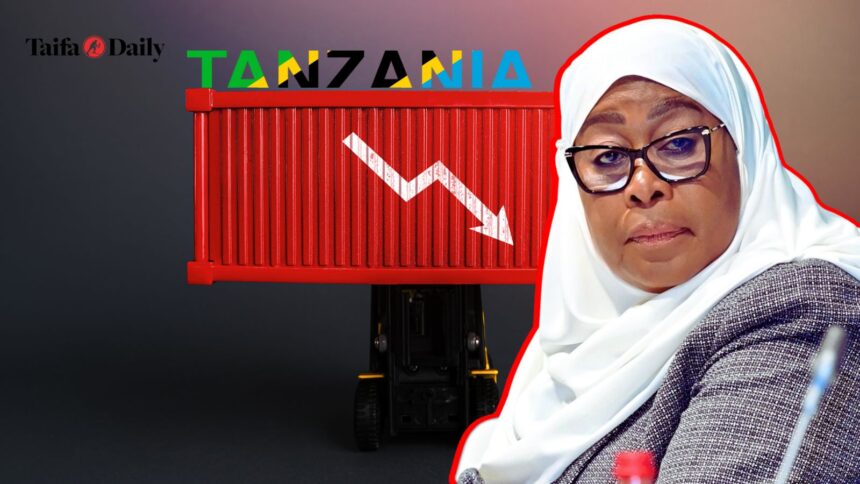In October 2023, Tanzania experienced a reduction in its current account deficit, which decreased to $3.26 billion compared to the previous year’s figure of $4.99 billion. This positive development was attributed to heightened earnings from seasonal tourism activities and traditional exports, as reported by the Central Bank.
The Monthly Economic Review for November 2023 from the Bank of Tanzania highlighted ongoing external pressures on the country’s current account position, foreign reserves, and exchange rate. Despite these challenges, Tanzania’s foreign exchange reserves declined slightly to $4.61 billion in October 2023, compared to $4.63 billion in October 2022. However, the report emphasized that these reserves remained sufficient to cover approximately 4.0 months of projected imports of goods and services.
Meanwhile, the value of imports of goods and services increased to $16.17 billion in October 2023, slightly higher than the $16.06 billion recorded in the previous year. Key drivers of this increase were machinery, industrial transport equipment, motorcars for household use, and fertilizers. Notably, the import of refined white petroleum products, constituting 19.7 percent of the total goods import bill, experienced a 16 percent decline due to both price and volume factors.
The report indicated that on a monthly basis, goods worth $1.305 billion were imported in October 2023, compared to $1.27 billion in the same period in 2022. Additionally, service payments rose to $2.416 billion in October 2023, up from $2.32 billion in October 2022. This increase was primarily attributed to higher freight payments, aligning with the overall rise in the import bill.
In terms of its impact on the economy, the narrowing of Tanzania’s current account deficit signifies an improvement in the country’s trade balance. This positive trend suggests that Tanzania is exporting more goods and services than it is importing, which can contribute to a more stable economic environment.
Additionally, the adequacy of foreign exchange reserves to cover several months of imports provides a cushion against potential external shocks, thereby supporting economic resilience. However, ongoing external pressures highlight the importance of continuous monitoring and strategic management of economic factors to sustain and enhance these positive developments.


